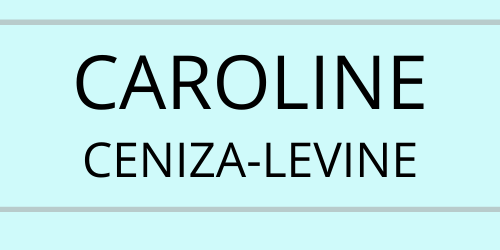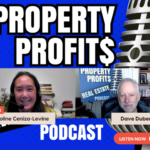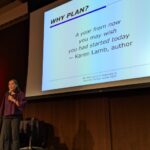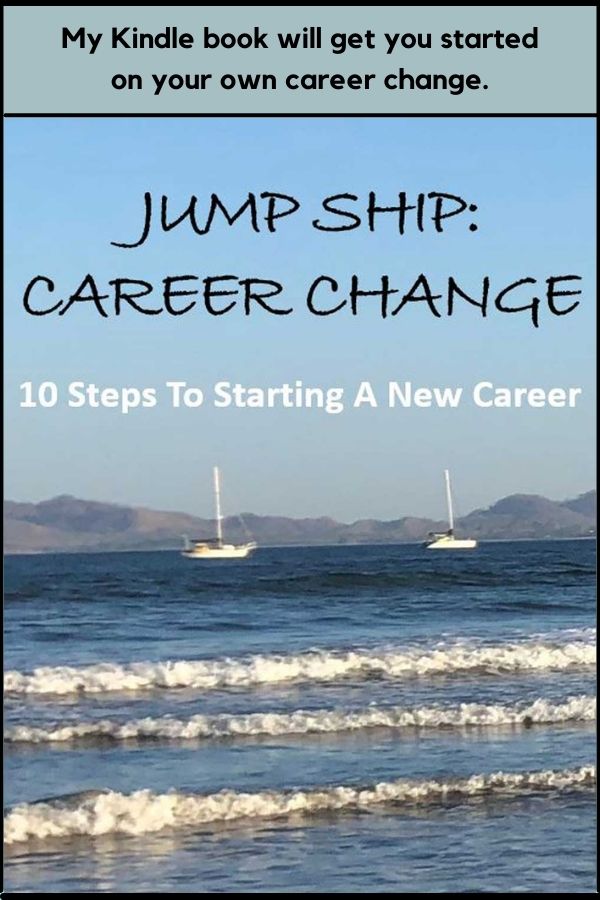Jaime asks: What is the first step in making a career change?
Making a career change, from start to finish, can be a long and involved process with many steps, and the first step is going to differ based on your circumstances. One simple example to consider is the person who knows exactly what they’re looking for, what that next career Is going to be, whether it’s a new industry, new role, new location or all of the above. That’s a very different journey than the person who has no idea what the next step is going to be and needs to identify that piece first.
Start from where you are
So you can see that two people can be embarking on a career change from very different places, and one consideration for that first step is to start from where you are. Do you have an idea what it is that you want to do, or do you have no idea what you want to do? Your answer is going to trigger what some of the first steps might be.
If you have no idea what you want to do, the first step involves some exploration around things that you enjoy and around what you want from your work day, your work environment and your career overall and what that path might look like (here are 10 exercises to help). If you’ve already identified a specific destination, whether that’s a new industry, a new role, a new location, or some combination of the above, then you can start reverse engineering from that destination. What are some of the steps that might get you there?
Start from your interests, not your skills
Another thing that you want to consider when just starting out on that career change is your primary interests, not your existing skills or background. This is where I tend to differ from other career coaches, who I find focus too much on your history and encourage career changers to start with how their skill set and experience might transfer to other things. Don’t worry yet (or ever) about transferable skills. I don’t assume that the next career for my career change clients is going to be related to what they’ve done before.
Instead, I encourage you to start with your interests over your skills. What are you curious about or passionate about? What are the problems that I mull over in my free time? What are the things that I read about – and lose track of time? These are all questions that can help you hone in on what your interests are, and from there you might be able to identify a specific industry or a specific role where you might make your next career move.
Start today
A third consideration when starting your career change is to find a way to start today. That might mean that right after you read this, you write down an action that you can take today. If you’re that person who has no idea what it is you want to do you could start keeping a journal, and you can journal just top 10 things that have caught your attention today. You can start reading some business and news articles to identify people you could emulate or your favorite industries or problems that you’re looking to solve.
If you do have a notion of what you want to do — an industry or a role that you’re interested in — you can do some Internet research to find the top competitors in that specific industry. Or you can look on LinkedIn to find people who have the roles you think you want, and you can just look at their background. Something as simple as reading more about a topic is something that you can start today.
It’s something you can do for free. It’s something that you can manage in your free time for a few minutes or a few hours if you find yourself really getting interested in what it is you’re looking at.
Where will you be one year from now?
If you can do all three of these things…
- Acknowledge where you are and start there
- Start from your interests rather than assuming you have to start from your historical background
- Do something to start today
…then you will be well positioned to start on your career change. Yes, career change is a multi-step, involved process, but when you find that you are making progress day-by-day, week-by-week and month-by-month, you might look up after a few months, or it might be a year from now, and you could be in that new career that you thought had been so far away.






